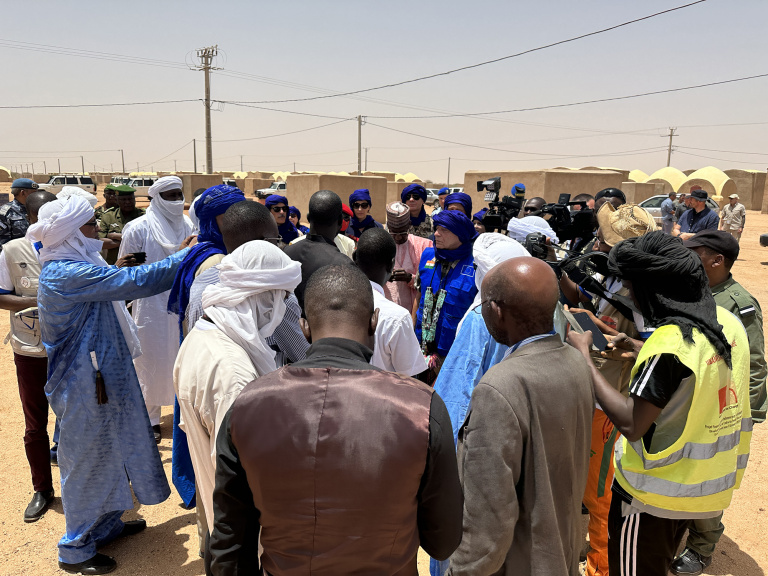The Plight of Minors Wrongfully Classified as Adults in
Europe
In July 2015, a young Gambian named Omar embarked on a
treacherous journey across the Mediterranean Sea, seeking asylum in Europe.
However, upon reaching Italy, his troubles were far from over. Despite
insisting he was 16, authorities subjected him to a medical exam to determine
his age. The flawed examination placed him in the adult category, leading to
his incarceration in an adult prison. Omar's plight highlights a pervasive
issue across European countries – the wrongful classification of children
seeking asylum as adults.
Investigations by The New Humanitarian and Solomon revealed
alarming trends in Greece, Italy, and Britain. Unaccompanied minors, vulnerable
and in need of protection, are frequently misclassified as adults. Border
security officials, relying on arbitrary judgments, contribute to this problem.
Moreover, assessment systems used to determine age lack reliability and often
infringe upon the legal rights of children. The dearth of qualified
interpreters further compounds the challenges faced by misclassified minors
seeking justice.
The scale of the issue becomes apparent when considering the
staggering number of unaccompanied children seeking asylum. In 2023 alone, over
41,500 such children applied for asylum in EU countries. Despite fluctuating
numbers over the past decade, the trend underscores the persistent risk these
children face in their pursuit of safety. Regrettably, the true extent of
misclassification remains elusive due to underreporting and inadequate data
collection mechanisms.
The consequences of misclassification are dire. Children
like Omar wrongfully tried as adults, endure harsher sentences, and are exposed
to violence and abuse in adult prisons. Beyond the criminal justice system,
misclassified minors are denied essential rights, including access to education,
exacerbating their vulnerability. Monica Mazza, a psychologist, emphasizes the
lasting impact on these children, emphasizing that such injustices can haunt
them for years.
Rooted in overburdened and under-resourced asylum systems,
misclassification reflects systemic failures. While governments justify age
assessments as protective measures, the dysfunction within asylum systems
creates perverse incentives. Minors desperate to avoid the perils of adulthood
may falsely claim maturity, while others are coerced into doing so by
traffickers. The inherent biases and flaws in assessment methods only compound
the problem.
The reliance on medical testing, particularly bone age
assessments, underscores the ethical quandary faced by authorities. Developed
decades ago without considering diverse demographics, these tests lack accuracy
and raise concerns about radiation exposure. Despite recommendations against
their use by medical associations, countries like Italy and Greece persist in
employing them as primary assessment tools.
Moreover, authorities often disregard procedural safeguards,
conducting assessments without comprehensive psychosocial evaluations. In
Greece and Italy, shortages of qualified professionals further exacerbate the
problem, leaving minors vulnerable to exploitation and abuse. These failures
highlight a fundamental disregard for the rights and well-being of
asylum-seeking children.
As political climates in Europe veer towards
anti-immigration sentiments, there's little impetus to reform age assessment
systems. The proposed introduction of medical age testing in Britain further
underscores this regression. While some advocate for multifaceted assessment
approaches, concerns about radiation exposure linger, prompting calls for a
balanced approach.







